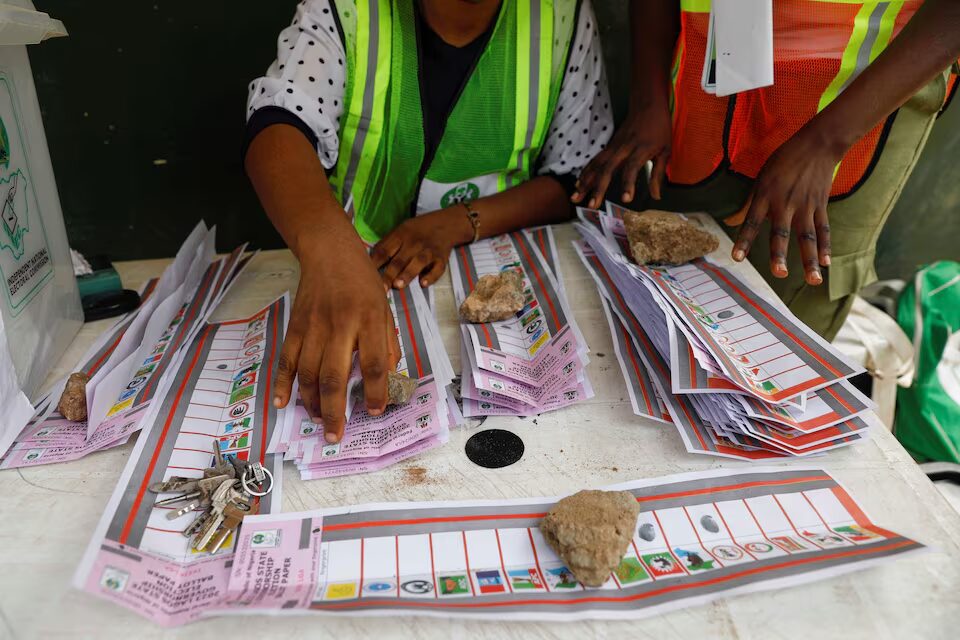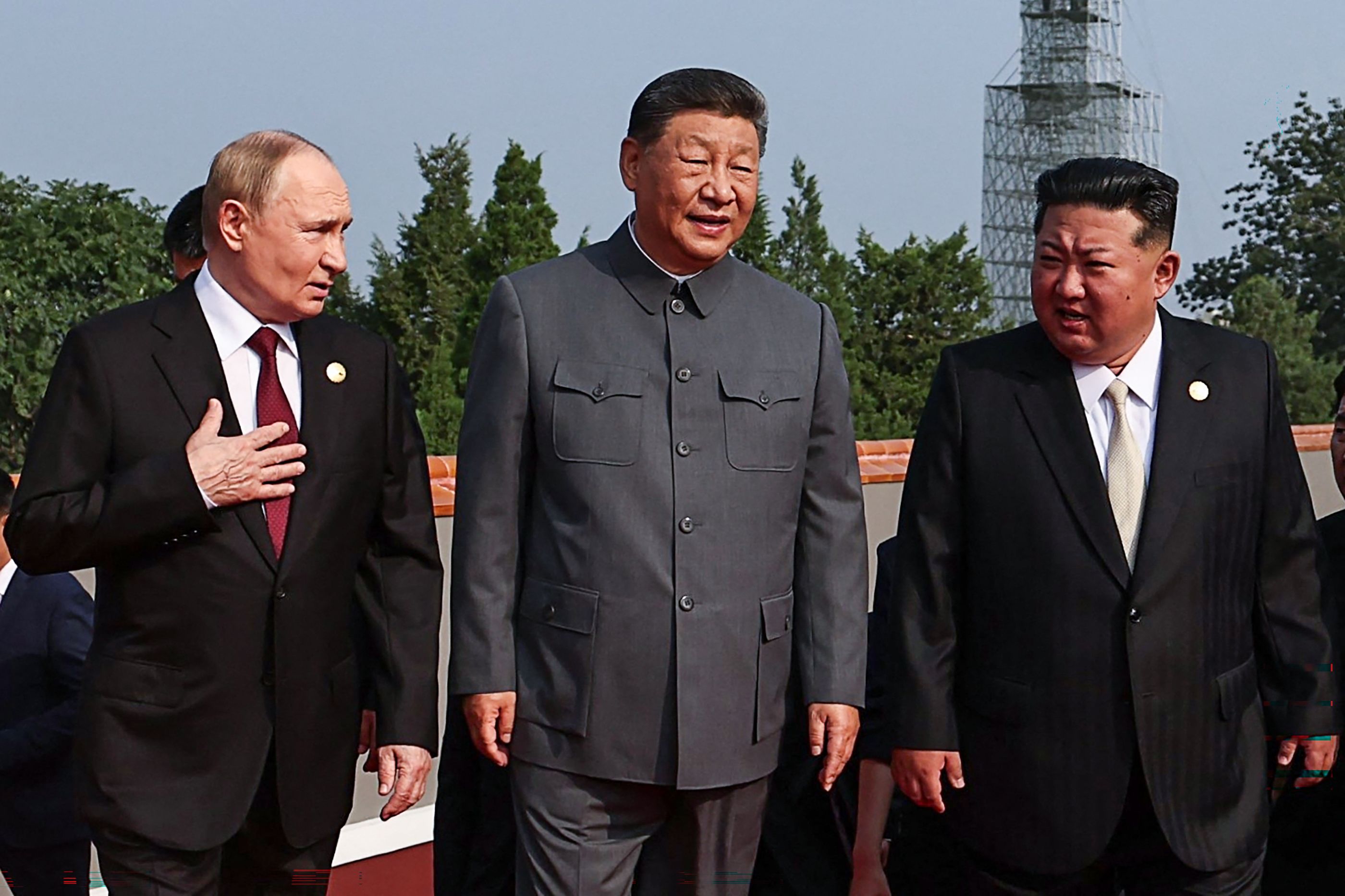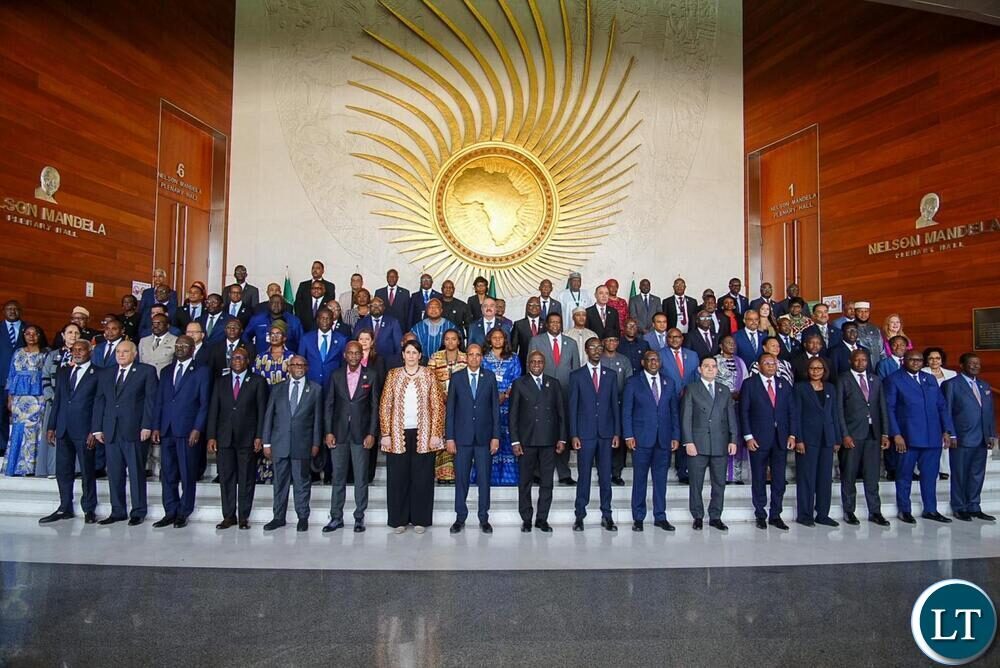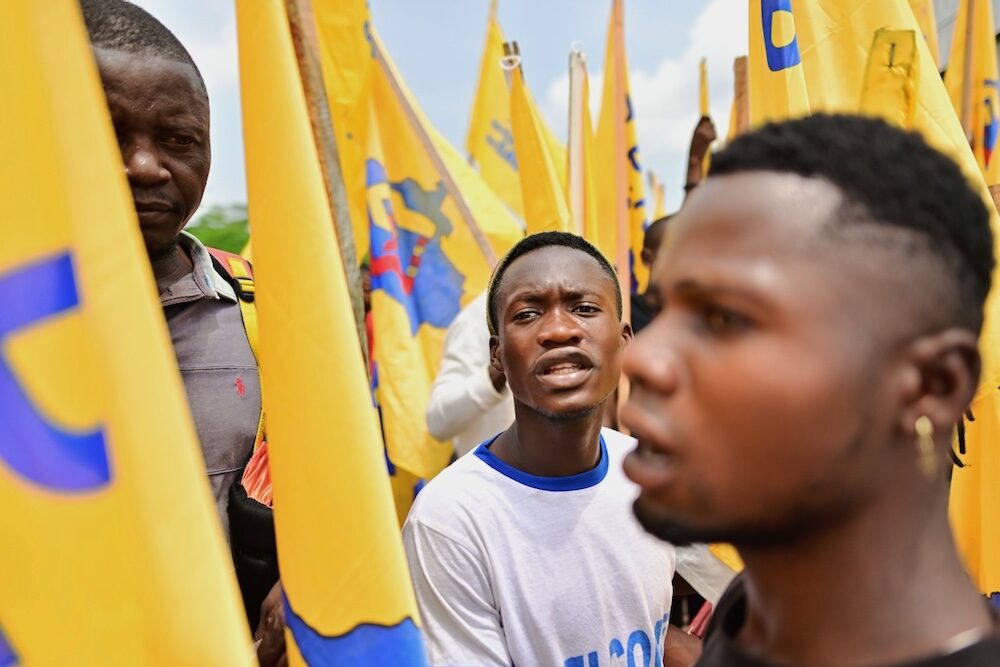
Wednesday, 3rd September 2025

By inAfrika Reporter
Beijing staged its most lavish military spectacle in years on Wednesday to mark the 80th anniversary of Japan’s defeat in World War II, rolling hypersonic missiles, stealth assets and swarms of drones past Tiananmen Square as President Xi Jinping cast China as a guardian of global order—on China’s terms. The optics were unmistakable: Russia’s Vladimir Putin and North Korea’s Kim Jong Un stood beside Xi, a tableau of alignment that will reverberate from Indo-Pacific security circles to commodity markets where African producers sell and buy.
State choreography served a political message. Xi’s address fused wartime memory with present-day sovereignty claims and a pledge that China would not be “intimidated by bullies.” Western leaders largely stayed away, while a cohort of Russia-friendly or non-aligned states turned up, highlighting the fault lines the parade was designed to dramatize. For capitals that straddle Chinese finance, Russian energy deals and Western export markets—including many in Africa—the signal is that Beijing intends to keep expanding its hard-power stagecraft and diplomatic reach at the same time.
Hardware was the headline, but the audience was global. Coverage catalogued hypersonic systems, underwater and aerial drones, and an updated ICBM lineup—kit clearly informed by lessons from modern wars. In a season when U.S.–China ties are brittle and Asia-Pacific flashpoints remain tense, the display doubles as deterrent theatre and domestic consolidation. It also lands in a week of dense summitry that includes the Shanghai Cooperation Organization gatherings, where Beijing courts a wider “non-West” coalition on trade, technology and security.
Africa is not a bystander to this show. China is a top buyer of African minerals and a leading contractor and lender for infrastructure; Russia is chasing metals and nuclear deals; North Korea is an outlier but a reminder of sanction-proof supply networks. When Beijing wraps power projection in anti-hegemonic rhetoric, it resonates with parts of the Global South that remember colonialism—but it also introduces risk. If hard blocs deepen, African governments could face sharper choices on standards, components, and financing terms in telecoms, ports and energy. That matters for East Africa’s logistics map—from Dar es Salaam and Mombasa to Lamu and inland dry ports—where equipment provenance, software backdoors, and secondary sanctions can complicate procurement.
For commodity exporters, watch the demand channel more than the chest-thumping. A confident China tends to support metals prices, but recent growth has been patchy; if Beijing couples military swagger with targeted stimulus, Africa’s nickel, copper, cobalt and iron ore stories could get a bid. If, instead, geopolitical friction curbs trade or triggers new tech and export controls, producers can feel the downdraft. Those dynamics are already live in Tanzania’s battery-metals narrative, where project financing, offtake routes and refining technology choices intersect with shifting alliances.
The symbolism of Putin and Kim front-row in Beijing will stoke Western sanctions talk and tighter export screening. For African treasury teams, that means KYC/AML work will get harder, not easier—especially where state-linked Chinese or Russian contractors are in the stack. Banks and SOEs should expect more questionnaires from partners and ratings analysts about vendor origin and cyber-security posture. The upside is leverage: countries that keep procurement transparent and diversify suppliers will bargain better on rates and timelines. The downside is delay if projects are hit by licensing reviews or insurance carve-outs.
What should East African editors and executives watch next? First, the language of Xi’s speech and any follow-on communiqués for hints of technology self-reliance pushes—chips, AI, aviation—because those dictate what Beijing will finance and where it will buy. Second, the attendee list beyond Putin and Kim; a quiet meeting on the margins can prefigure a pipeline, port or mining JV. Third, Western reactions—if Washington, Brussels or Tokyo pair criticism with policy (export controls, investment screening, or alternative financing), African borrowers could face more conditionality but also more choice.
Bottom line: Beijing’s parade is theatre with budget lines attached. For Africa, the smart play is optionality—keep access to Chinese capital and markets, protect room for Western standards and funding, and price in the compliance cost of doing both. Today’s pageantry will fade; the procurement decisions you take this quarter will not.


